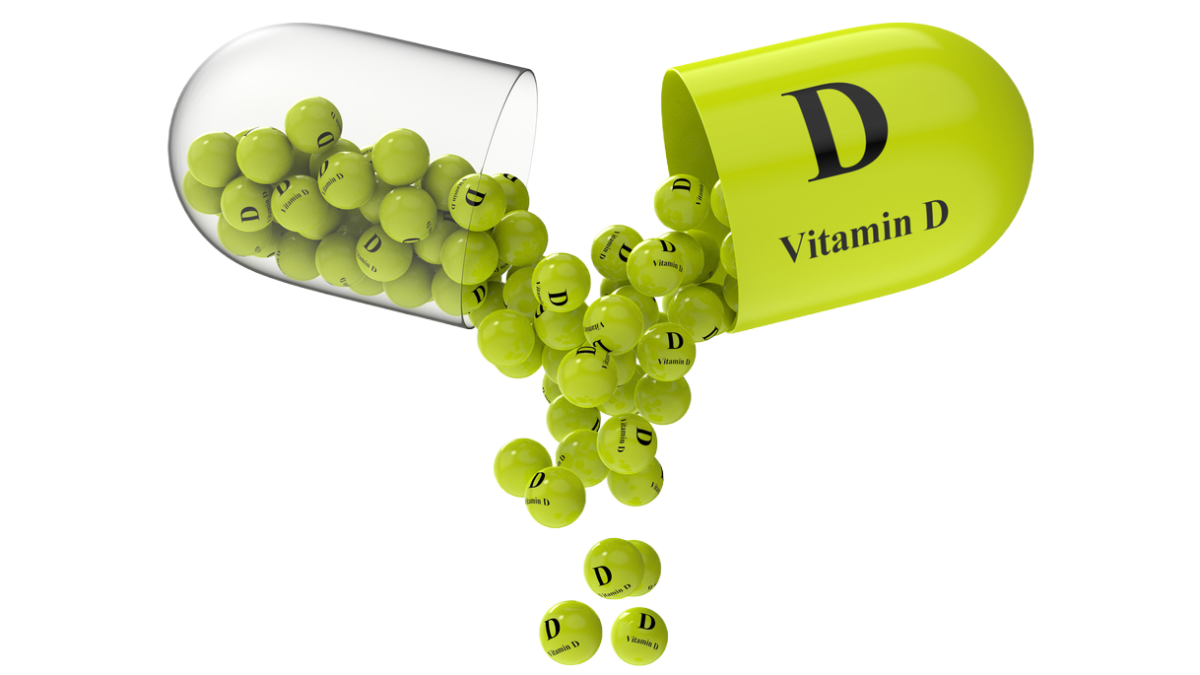In the world of supplements, one question often pops up – should I take a vitamin D supplement? With the sun-soaked nutrient gaining attention for its role in various bodily functions, it’s natural to wonder if you need an extra dose. Let’s unravel the mystery surrounding vitamin D, exploring what it is, how it functions in the body, and when a supplement might be worth considering.
Understanding Vitamin D
Vitamin D, often dubbed the “sunshine vitamin,” is a unique player in the nutrient lineup. It acts as both a vitamin and a hormone, intricately involved in several key processes within the body. When your skin absorbs sunlight, it synthesizes vitamin D, which then undergoes conversion in the liver and kidneys to its active form. This active form plays a crucial role in calcium absorption, bone health, immune system function and even mood regulation.
6 Reasons to Consider Taking a Vitamin D Supplement:
1. Deficiency Concerns
Vitamin D deficiency is more common than you might think, especially in regions with limited sunlight. If blood tests reveal low vitamin D levels, a supplement can help address the deficiency.
2. Limited Sun Exposure
Individuals with limited sun exposure, either due to lifestyle, location or work indoors, could struggle to produce sufficient vitamin D naturally. A supplement becomes a practical solution to bridge the gap.
3. Darker Skin Tones
People with darker skin tones have higher melanin levels, which can reduce the skin’s ability to produce vitamin D from sunlight. Supplementing ensures they meet their vitamin D requirements.
4. Age and Bone Health
As we age, the skin’s ability to produce vitamin D declines. Additionally, older adults can have difficulty absorbing vitamin D from food. A supplement supports bone health and helps prevent conditions like osteoporosis.
5. Limited Dietary Sources
While fatty fish, fortified dairy and egg yolks contain vitamin D, some individuals might follow dietary restrictions or preferences that limit their intake. A supplement ensures they meet their nutritional needs.
6. Immune System Support
Vitamin D plays a crucial role in immune system function. Supplementing might be beneficial, especially during seasons with reduced sunlight, to support overall immune health.
Deciding whether to take a vitamin D supplement depends on various factors, including lifestyle, location and individual health needs. While some people can meet their requirements through sunlight and dietary sources, others might benefit from supplementation. If you have concerns about your vitamin D levels or fall into one of the categories mentioned, consulting with a healthcare professional can provide personalized guidance. Ultimately, it’s about finding the balance that supports your overall well-being.
Visit my affiliate link to purchase the best-selling Vitamin D product. https://amzn.to/3JtpguH





